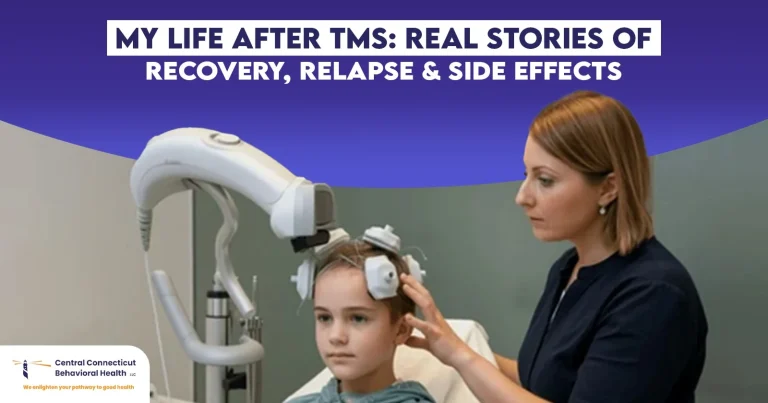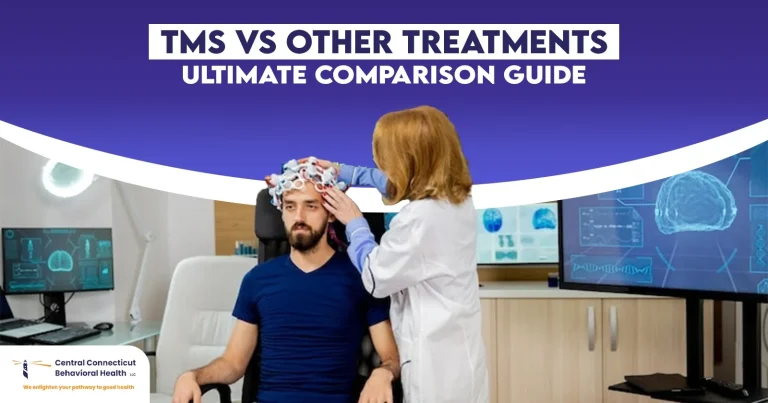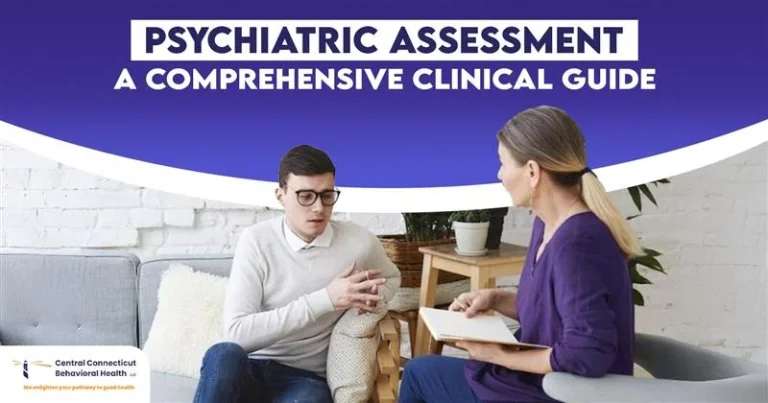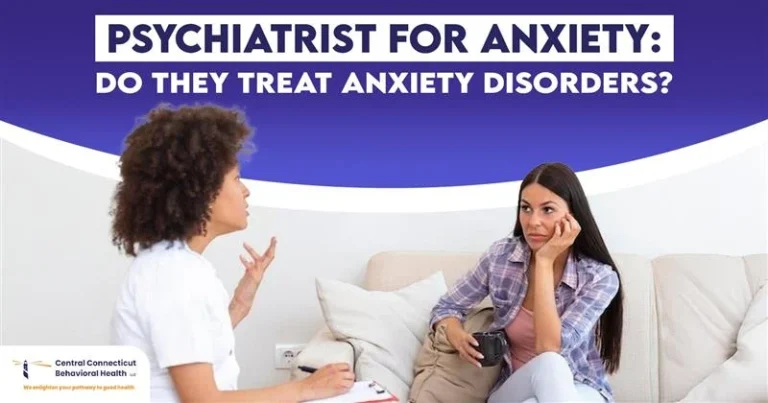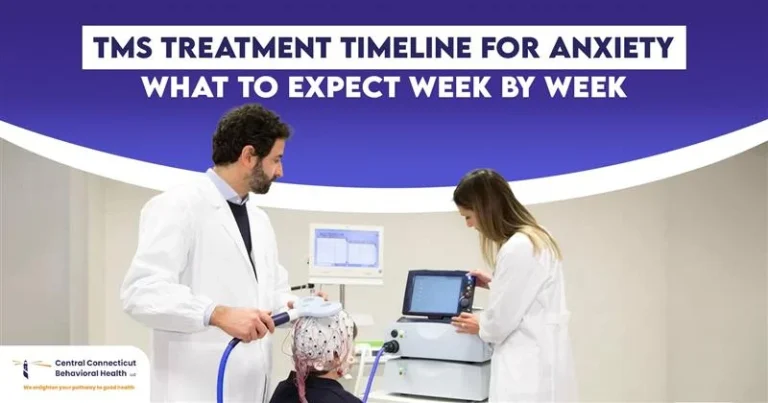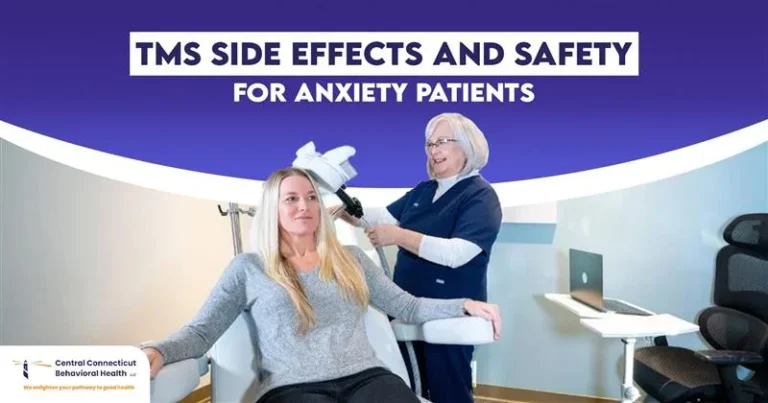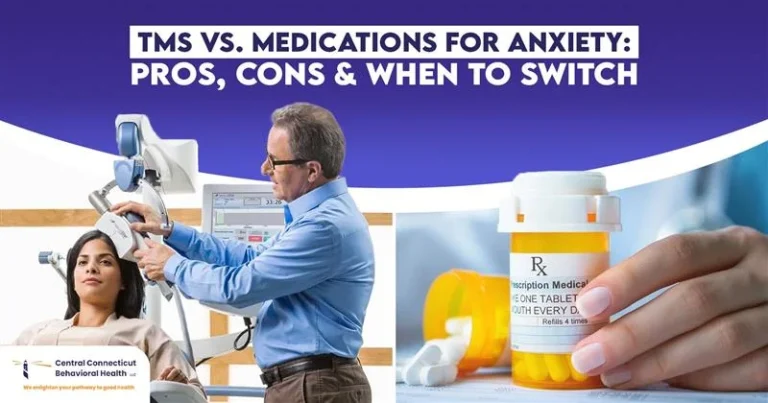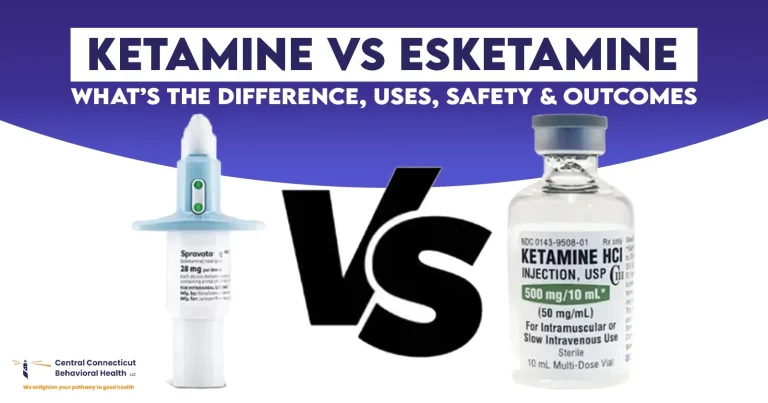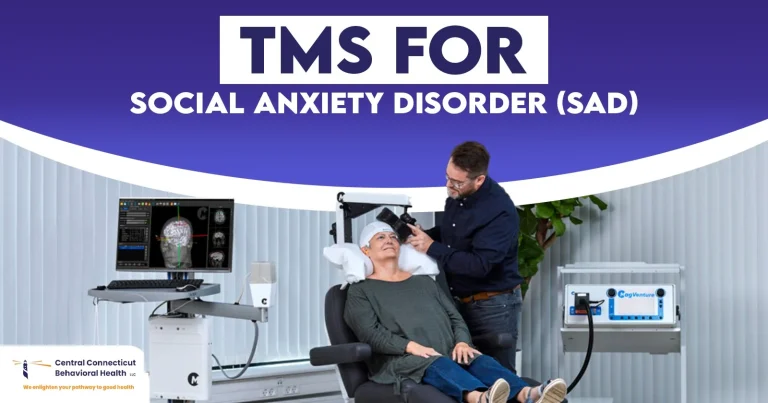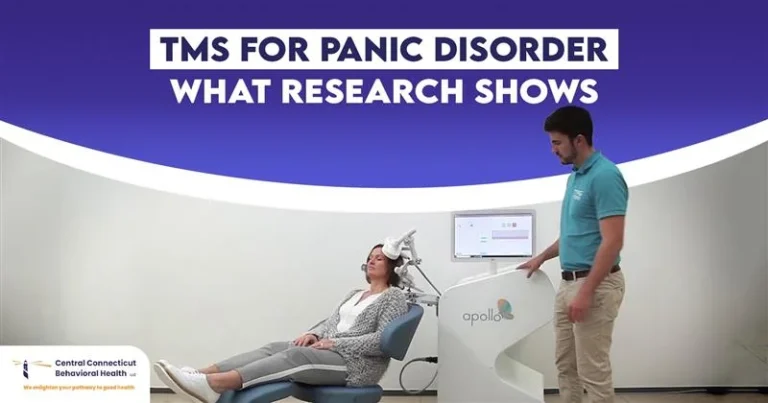When you avoid social situations often because of fear of criticism, rejection or embarrassment, it can be a worthy time for testing avoidant personality disorder test. This immediate self-assessment test can help you better understand whether your patterns of isolation or self-consciousness may indicate deeper emotional challenges. Avoidant personality disorder (AvPD) is a well-known condition in which individuals experience intense anxiety during social interactions, often accompanied by a strong desire for attachment that is blocked by fear.
At Central Connecticut Behavioral Health, we believe that awareness is the first step towards recovery. Taking an avoidant personality disorder test not only promotes self-awareness but also helps you identify whether professional evaluation may be helpful in developing healthier coping mechanisms and relationships.
Online Avoidant Personality Disorder Test—What It Measures
- An online personality disorder test is usually performed to assess the behavioral patterns or mood fluctuations caused by fear and emotional distress.
- Evaluates how you react to criticism, how you handle rejection, and how you perceive your worth.
- It is not a diagnostic tool, but it highlights behavioral patterns.
- Questions often cover emotional responses to social interactions.
- It can serve as a basis for discussing your results with a mental health professional.
- Taking an avoidant personality disorder test can be a starting point to reflect on your current behaviors and understand if they correspond to the characteristics of AvPD.
Avoidant Personality Disorder Self Test—A Step Toward Insight
- An avoidant personality disorder self-test encourages honest self-reflection.
- By solving this quiz you can better understand if this change is deep or just a sudden temporary reaction to emotional sensitivity which is affecting your daily routine.
- You may find changes in your behavior such as avoiding your work, new activities or other official tasks because of being judged or facing disapproval.
- The self-test is for awareness and not for self-diagnosis.
- Your results may help lead to a conversation with a licensed therapist.
- Whether you are taking an AvPD test for personal clarity or to share with a clinician, honesty is essential for accurate thinking.
What Are the Signs of Avoidant Personality Disorder?
Recognizing the symptoms of avoidant personality disorder is essential for early intervention. Although occasional shyness is normal, the symptoms of AvPD are more persistent and affect daily functioning.
Common signs include:
- Avoiding work or social activities that require interpersonal contact. Reluctance to engage with others unless acceptance is certain.
- Preoccupation with criticism or rejection in social settings.
- Low self-esteem and feelings of inadequacy.
- You should seek professional help if you find out any of these symptoms in your body to help confirm if you have AvPD for early treatment.
Do I Have Avoidant Personality Disorder? Understanding Self-Perception
- Many people wonder, “Do I have avoidant personality disorder?” “when they notice that their anxiety goes beyond normal nervousness.
- Asking this question can be the first step towards change.
- If social situations constantly cause fear and avoidance, screening can help clarify the situation.
- Consider whether these fears are limiting your opportunities or relationships.
- Professional advice can help you confirm whether you meet the criteria for AvPD.
- It’s natural to feel insecure when you reflect on yourself.
That’s why tools like the AVPD test can help you organize your thoughts and experiences more clearly.
Avoidant Personality Disorder Screening Tool—How Professionals Evaluate It
- Beyond simple questions, avoidant personality disorder screening tool provides with deep assessment.
- This may include structured interviews, standardized questionnaires and an examination of emotional patterns.
- Licensed clinicians assess the consistency of your avoidance behaviors.
- They distinguish AvPD from similar conditions such as social anxiety disorder.
- The results are used to tailor treatment plans that include therapy and coping skills.
- Combining self-awareness through online tools with a professional assessment provides a more accurate understanding of your mental health.
Avoidant Personality Disorder Quiz—Is It Reliable?
- An avoidant personality disorder quiz can serve as an educational and thought-provoking exercise.
- Though a quiz can never replace a formal diagnosis, still it can help you understand your social behavior and emotional reactions.
- Reputable quizzes are developed with psychological research in mind.
- They help understand your possible personality features instead of only surface tags.
- The accuracy depends on how honestly you answer and how you interpret results.
- Although an avoidant personality disorder quiz offers preliminary guidance, only a clinician can confirm an official diagnosis through evidence-based tools.
How Accurate Are Online AVPD Quizzes?
Its accuracy varies from person to person or depends on the symptoms.
Some are scientifically informed, while others are purely educational. Factors affecting accuracy include:
- Credibility of the source.
- If the quiz meets the DSM-5 criteria.
- Depth of questions asked.
- Although taking an avoidant personality disorder test online can be helpful, it’s best to see it as a starting point rather than a conclusion.
- Discuss your results with a licensed psychologist or therapist for clarity.
Can Avoidant Personality Disorder Be Cured?
- Many people wonder if AvPD can really be “cured”.
- Although personality disorders usually involve deeply embossed thought patterns, effective treatment can significantly improve quality of life.
- Cognitive behavioral therapy (CBT) helps strengthen negative beliefs.
- Learning social skills can gradually reduce avoidance.
- Medications can help relieve common anxiety or depression.
- The goal is not necessarily to eradicate the disease, but to give individuals the tools to manage their emotional reactions with confidence.
- With consistent therapy, many people experience long-term improvement and reduction in avoidance behaviors.
Avoidant Personality Disorder Test Results Meaning
Evaluating avoidant personality disorder test results is more than just learning about the score.
It’s about recognizing the emotional patterns that affect everyday life.
- A “high” score does not mean you have AvPD, but suggests that further evaluation is helpful.
- Moderate score just highlights temporary anxiety or shame depending on specific situations.
- A mental health professional can interpret the results in a broader emotional context.
- Your test results are an opportunity to seek knowledge, not judgment.
- This representation of results is your first step towards emotional freedom.
How Central Connecticut Behavioral Health Can Help
At Central Connecticut Behavioral Health, our experts provide deep assessment and custom therapy plans for your mood changes and personality disorder.
We offer:
- Professional psychological evaluations for AvPD and related conditions.
- Compassionate counseling focused on self-acceptance and building relationships.
- Getting tested for avoidant personality disorder is an important starting point, but understanding and healing require compassionate and guided care.
Final Words
Avoidant personality disorder can make everyday interactions difficult, but awareness can turn fear into empowerment. Getting tested with avoidant personality disorder test can prove to be the first significant step towards your emotional freedom and self-growth. With professional help, empathy and therapeutic support, it is possible to build trust, reduce avoidance and follow healthier relationships.
Our expert team is available 24/7 to support you at every step of your journey towards emotional stability and wellness at Central Connecticut Behavioral Health.
FAQ’s about Avoidant Personality Disorder Test
Q1: How can therapy help someone with avoidant tendencies?
People can avoid negative thoughts, improve communication skills and gradually reduce their social fears by taking cognitive therapies.
Q2: Is AvPD the same as social anxiety disorder?
No, both show some similarities but AvPD provides with more deep assessment of your condition to make you more clear.
Q3: What is the best treatment approach for AvPD?
When combined with certain social skills, therapies like CBT can prove to be the best treatment approach for AvPD.
Q4: How long does it take to see improvement?
Progress varies, but with consistent therapy and awareness, many people have noticed improvements slowly within a few months.



